Stress has become an integral part of our fast-paced lives, affecting our physical and mental well-being. As we navigate through the challenges of daily life, it is crucial to understand how stress impacts us and how we can effectively manage it. In this article, we will explore the science behind stress, the importance of self-care, and strategies backed by research to enhance stress management. Moreover, we will delve into the connection between stress, neuroscience, innovation, creativity, passion, burnout, self-regulation, and emotional intelligence, empowering you to lead a more fulfilling and balanced life.
The Science Behind Stress
Stress is a natural response of our bodies to demanding situations. When faced with a perceived threat or challenge, our brains trigger a complex series of physiological and psychological responses. Understanding the role of neuroscience in stress management can help us gain insight into these responses and develop effective coping strategies.
Neuroscientists have discovered that the amygdala, a key region in our brain responsible for processing emotions, plays a significant role in our stress response. When we encounter stressors, the amygdala activates the release of stress hormones like cortisol and adrenaline, preparing our bodies for the fight-or-flight response. By studying these neural pathways, researchers have identified ways to regulate and manage stress more effectively.
The Importance of Self-Care
Amidst the demands of modern life, self-care often takes a backseat. However, neglecting our well-being only amplifies the negative effects of stress. Engaging in self-care activities is essential for replenishing our physical, mental, and emotional reserves.
Self-care practices can vary from person to person, but they commonly include activities such as exercise, meditation, adequate sleep, and nurturing social connections. By prioritizing self-care, we can build resilience and develop a solid foundation for stress management.
Strategies for Effective Stress Management
To effectively manage stress, we must adopt strategies that address its root causes and provide long-term solutions. Here are some research-backed strategies that can enhance productivity, reduce burnout, and promote overall well-being:
1. Prioritizing and Time Management
Managing our time effectively allows us to prioritize tasks, delegate responsibilities, and create a sense of control over our schedules. By identifying our most important and urgent tasks, we can allocate our time and energy accordingly, reducing stress levels and increasing productivity.
2. Developing Emotional Intelligence
Emotional intelligence plays a crucial role in stress management. By enhancing our self-awareness, self-regulation, empathy, and social skills, we can navigate challenging situations more effectively. Emotional intelligence empowers us to understand and manage our emotions, fostering healthier responses to stressors.
3. Practicing Self-Regulation
Self-regulation involves the ability to control our thoughts, emotions, and behaviors in response to stress. Techniques such as deep breathing, mindfulness, and positive self-talk can help regulate our stress response. By cultivating self-regulation skills, we can mitigate the negative impact of stress on our well-being.
Unleashing Creativity and Innovation
Contrary to popular belief, stress can also be a catalyst for creativity and innovation. When we are pushed out of our comfort zones, our brains adapt and seek new solutions. By harnessing stress as a motivator and embracing challenges, we can unlock our creative potential and drive innovation in various aspects of our lives.
Passion is another powerful force that can emerge from stress. When we are deeply engaged in activities we love, stress becomes an energizing force that propels us forward. By aligning our passions with our pursuits, we can transform stress into a source of inspiration and personal growth.
Conclusion
Stress management is not about eliminating stress entirely but rather developing the skills and strategies to navigate its impact effectively. By understanding the science behind stress, prioritizing self-care, and implementing research-backed strategies, we can cultivate resilience, boost productivity, and enhance our overall well-being. Embrace stress as an opportunity for growth and unleash your creativity, innovation, and passion. Empower yourself with the tools to lead a balanced and fulfilling life.
Frequently Asked Questions (FAQs)
1. How does stress impact our brain?
Stress activates the release of stress hormones, which can negatively impact brain function and contribute to cognitive impairments. Prolonged or chronic stress can lead to structural and functional changes in the brain, affecting memory, attention, and decision-making abilities.
2. What are some effective self-care practices?
Effective self-care practices may include regular exercise, mindfulness meditation, maintaining a balanced diet, getting enough sleep, engaging in hobbies, spending time in nature, and fostering meaningful connections with others.
3. Can stress be beneficial for creativity and innovation?
Yes, moderate levels of stress can stimulate creativity and innovation. Stress prompts our brains to explore new possibilities and find alternative solutions. However, excessive stress and chronic burnout can hinder creative thinking and problem-solving abilities.
4. How can emotional intelligence help in stress management?
Emotional intelligence enables us to understand and regulate our emotions effectively. By developing emotional intelligence, we can navigate stressful situations with greater resilience, communicate more effectively, and build healthier relationships.
5. What are the signs of burnout and how to address it?
Signs of burnout may include chronic fatigue, decreased motivation, feelings of cynicism or detachment, and reduced productivity. Addressing burnout requires self-reflection, setting boundaries, seeking support from others, and prioritizing self-care activities that promote well-being and work-life balance.

